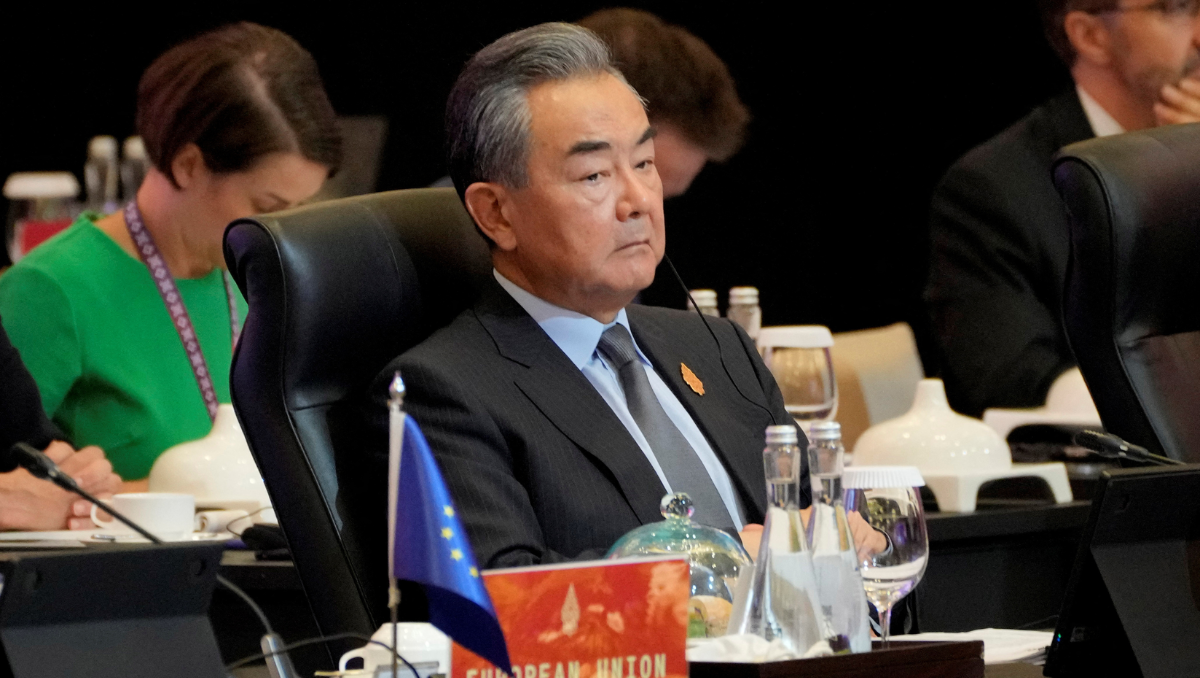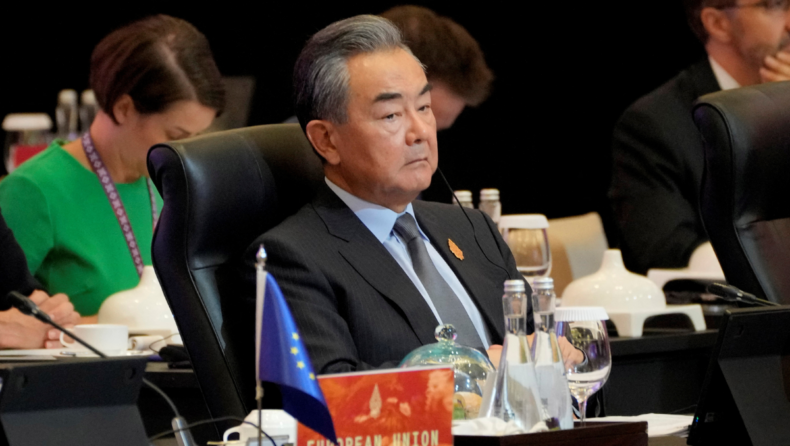The China-Pakistan Economic Corridor is a corridor linking Gwadar port of Pakistan with Kashgar of China. The Chinese Foreign Minister has now offered an extension to Afghanistan.

China-Pakistan Economic Corridor:
The China-Pakistan Economic Corridor (CPEC) was launched in 2013. It highlighted transport, energy, and industrial cooperation between Pakistan and China. It links the Gwadar port (Pakistan) on the Arabia Sea with Kashgar, northwest of Xinjiang Uygur Autonomous Region (China). The CPEC is a part of China’s ambitious BRI (Belt and Road Initiative) project of President Xi Jinping.
The offer of extension:
Wang Yi, the Chinese Foreign Minister, proposed the support of extending of CPEC to Afghanistan. This was done a day later after India slammed China and Pakistan for encouraging third countries to join their ambitious connectivity corridor. It passes through Pakistan-occupied Kashmir.

The offer was made to Malawi Amir Khan Muttaqi, the Acting Foreign Minister of the Interim Government of Afghanistan. It was made on the occasion of the Shanghai Cooperation Organization’s Foreign Ministers’ Meeting in Tashkent.
“China hopes to push the alignment of the Belt and Road Initiative (BRI) with the development strategies of Afghanistan, support the extension of the China-Pakistan Economic Corridor (CPEC) to Afghanistan, and share China’s development opportunities,”
-Wang.
This was quoted as saying by the Chinese Foreign Ministry on its website on Friday.
In the last week, the Foreign Office of Pakistan stated that China and they have decided on welcoming interested third countries to join the multi-billion-dollar CPEC. According to them, it is an inclusive and open platform for mutually beneficial cooperation.
Why criticisms from India?
India criticized Pakistan and China for encouraging efforts to invite third countries to be a part of CPEC projects. The projects are closely linked to the connectivity corridor and it passes through Pakistan-occupied Kashmir.

Arindam Bagchi, Spokesperson of the External Affairs Ministry, in New Delhi, said that such efforts under the CPEC are inherently illegitimate, illegal, and unacceptable. Such activities will be treated accordingly in India.
“We have seen reports on encouraging proposed participation of third countries in so-called CPEC projects. Any such actions by any party directly infringe on India’s sovereignty and territorial integrity,”
-Arindam Bagchi.
India has consistently been skeptical of projects under the so-called CPEC projects that pass through Indian territory that has been in illegal occupation of Pakistan.
“India firmly and consistently opposes projects in the so-called CPEC, which are in Indian territory that has been illegally occupied by Pakistan,”
-Arindam Bagchi.
China’s attitude towards Afghanistan:
Foreign Minister Wang stated that China will be granting zero tariff treatment to around 98 percent of the tariff lines of Afghani projects exported to China. They are willing to import more quality specialty projects from Afghanistan.
Afghanistan’s firm attitude to counter-narcotics issues is being appreciated by China. They are willing in assisting Afghanistan with the plantation of alternative crops. Emphasis was given to the fact that they are urging the United States and other Western countries the removal of Afghanistan’s unreasonable sanctions. it is their primary responsibility for the war-torn country, towards their economic reconstruction.
Afghanistan’s economy is shattered as the Afghan central bank’s reserves are frozen abroad. The US and other donors have halted aiding Afghanistan. The international community has not recognized the Taliban’s regime in Kabul.
China is hoping that Afghanistan can work on a broad-based and inclusive government and exercise prudent and moderate governance, realize national harmony and maintain domestic stability.
The Taliban regime will work on resolute measures to crack down on all terrorist forces, actively respond to the international community’s concerns and gain more recognition from Kabul’s government.












